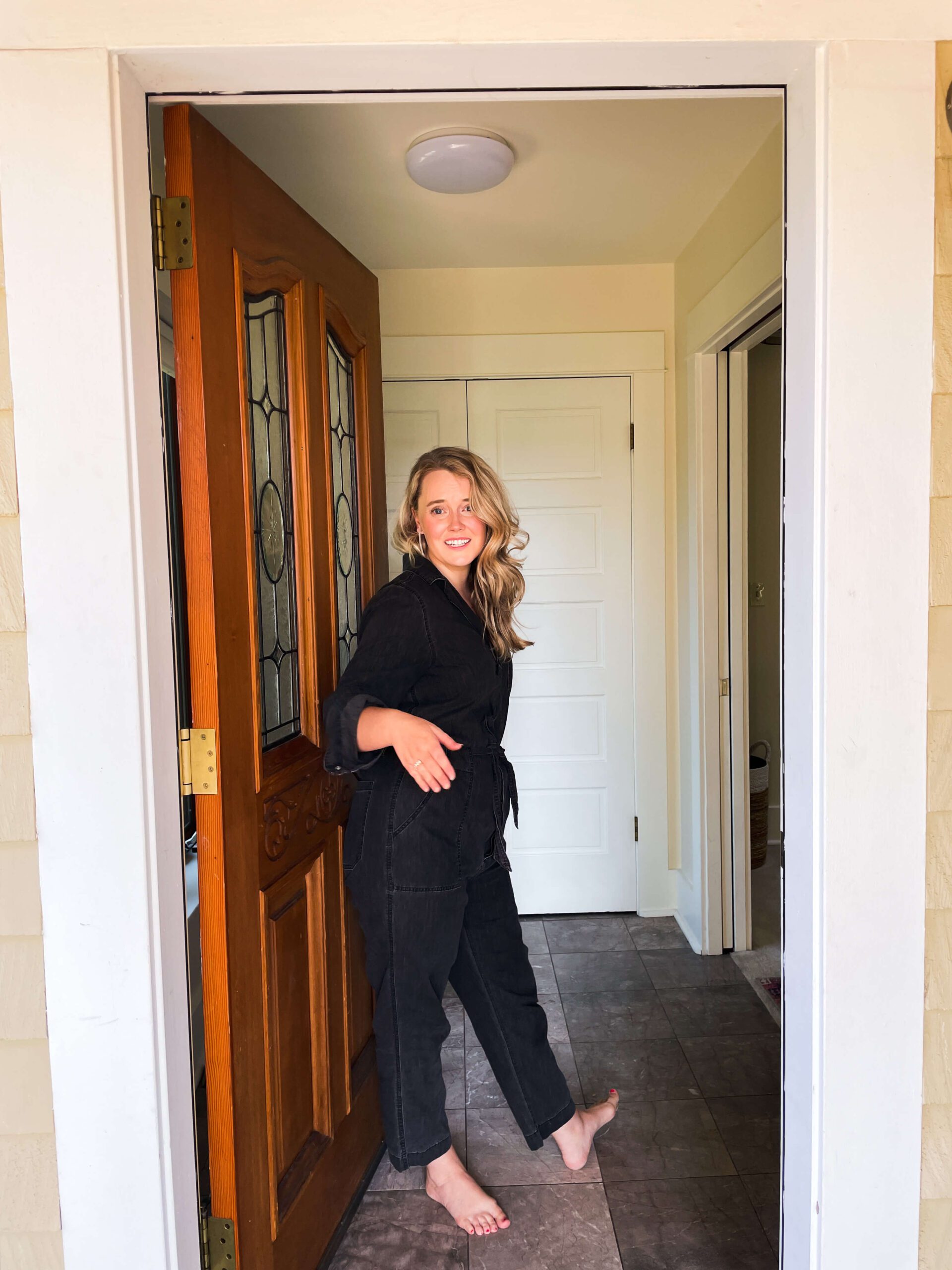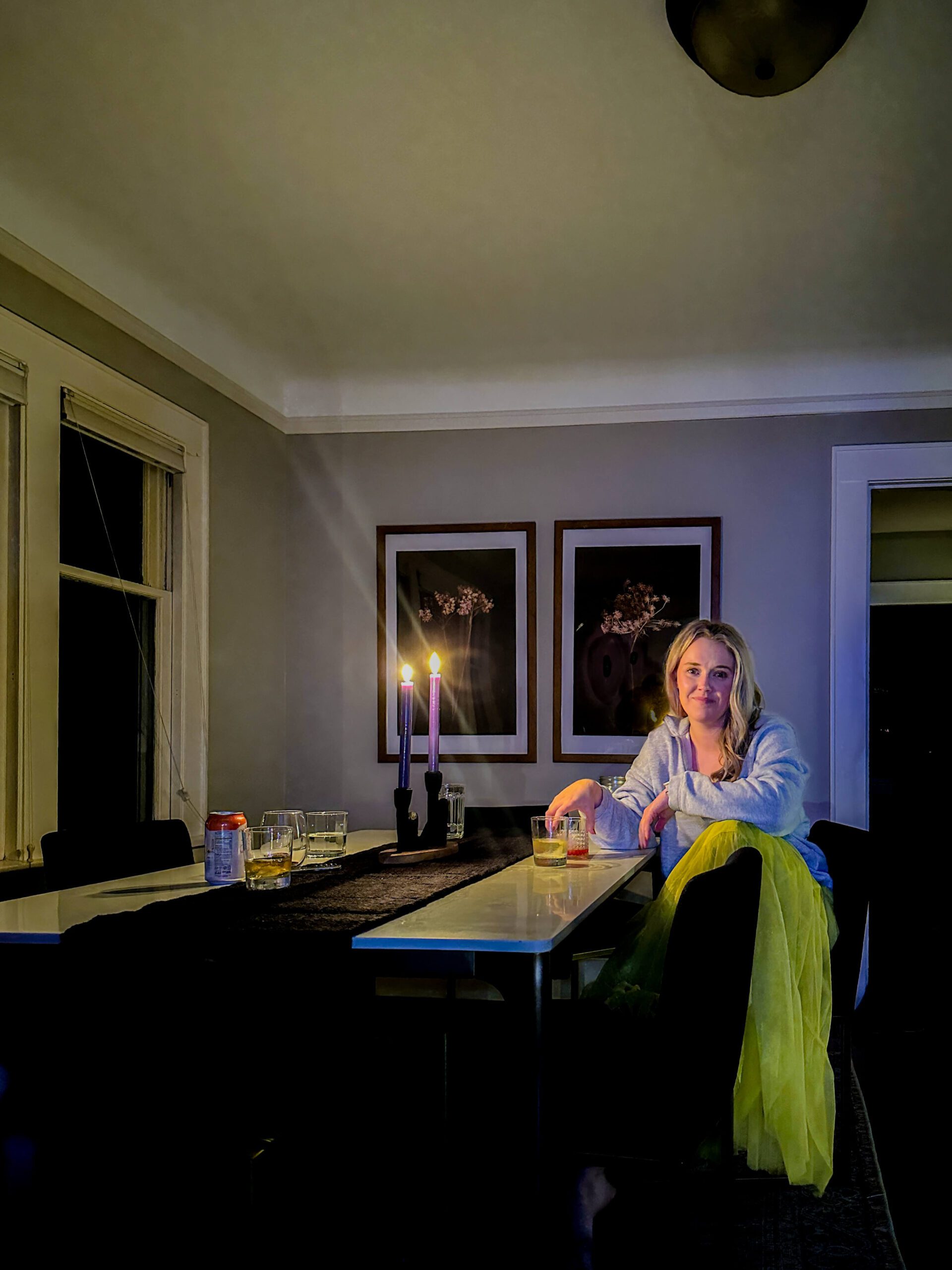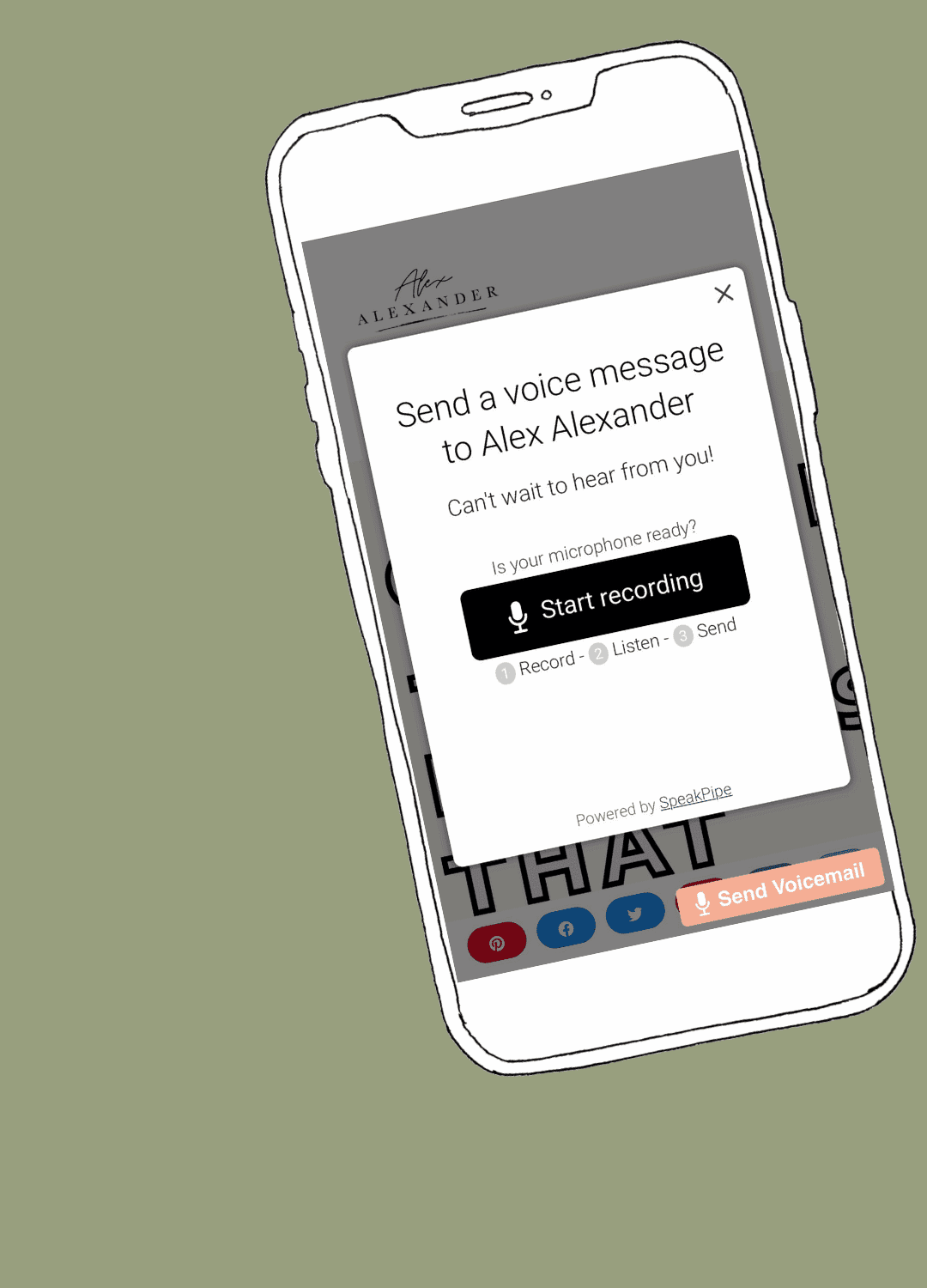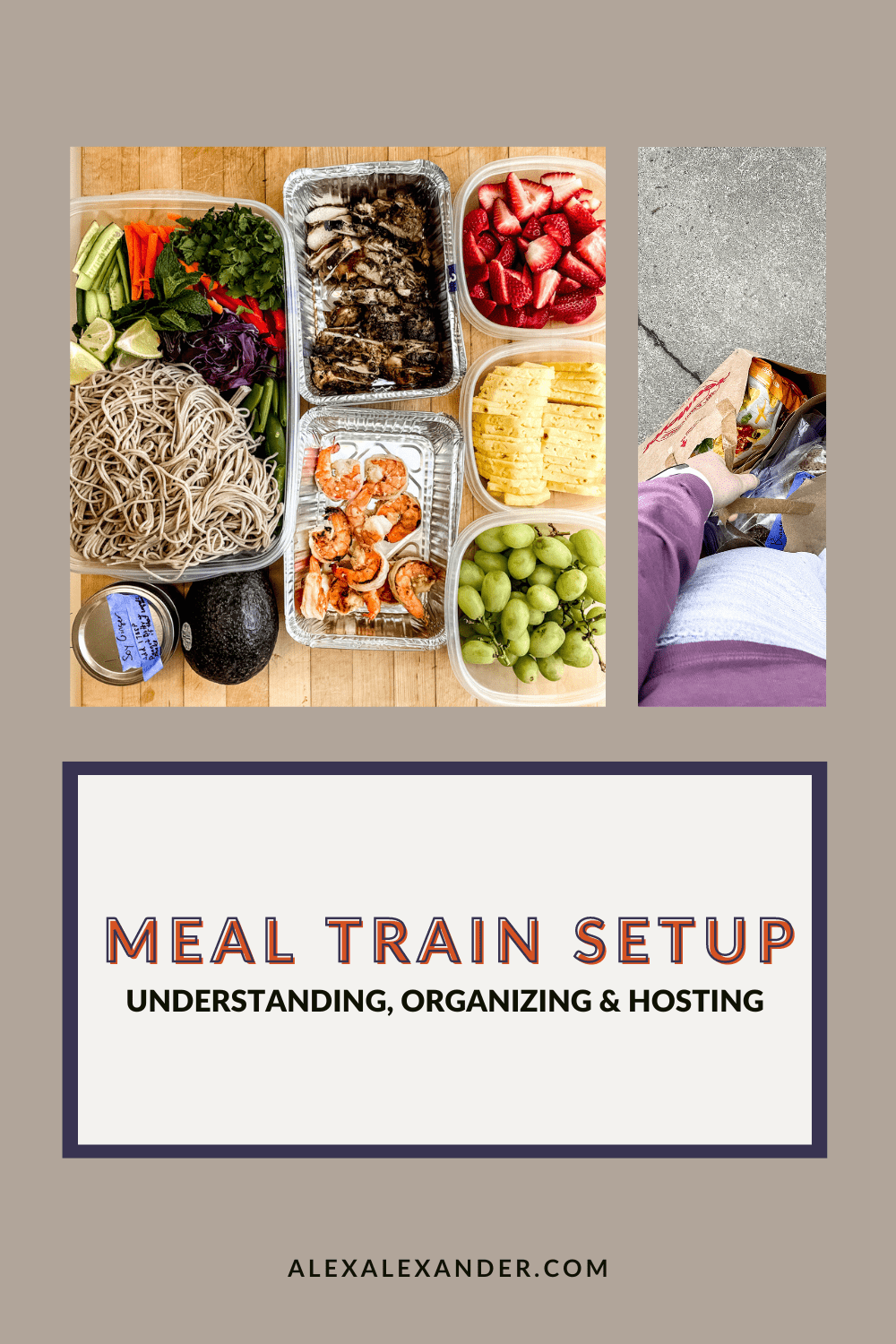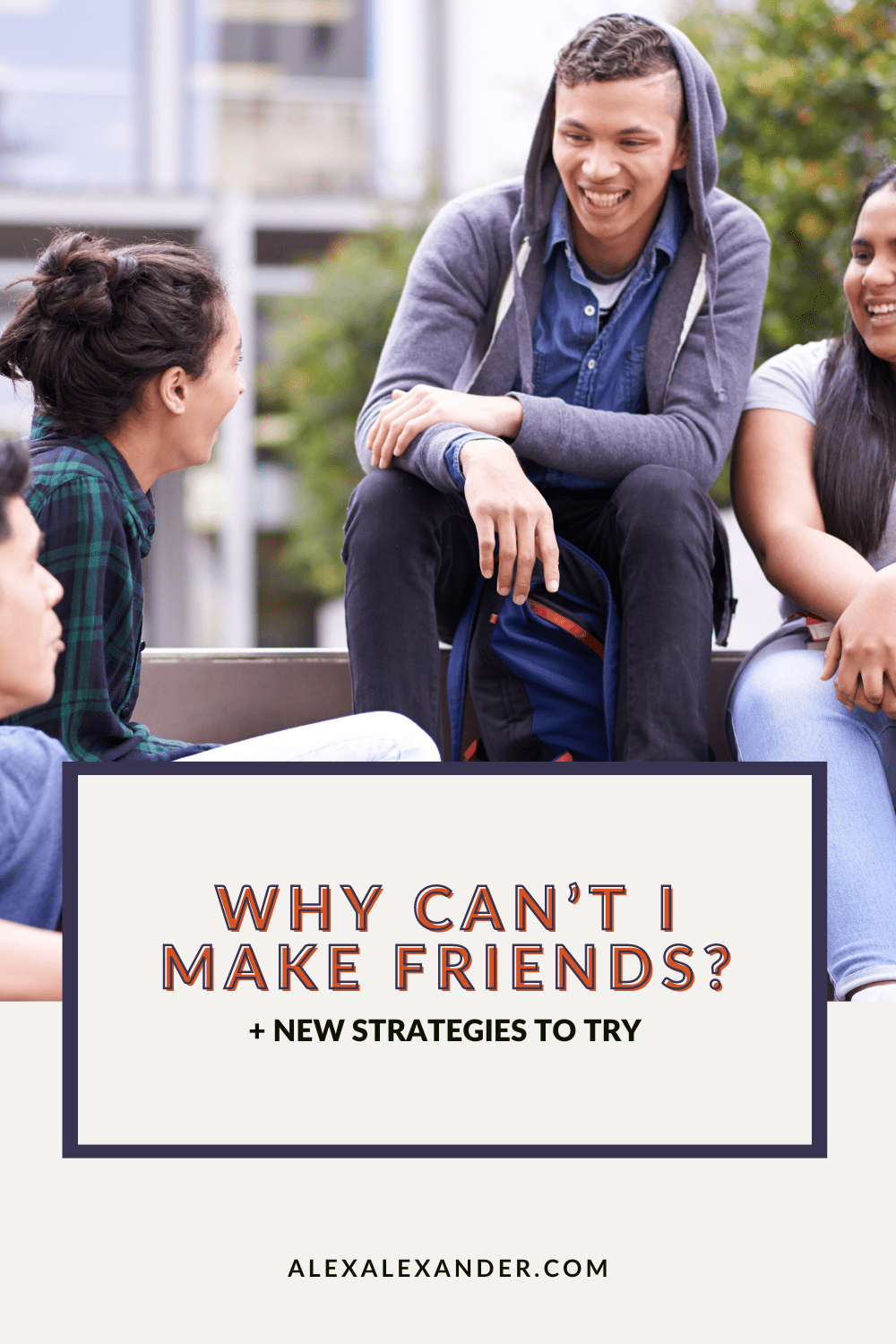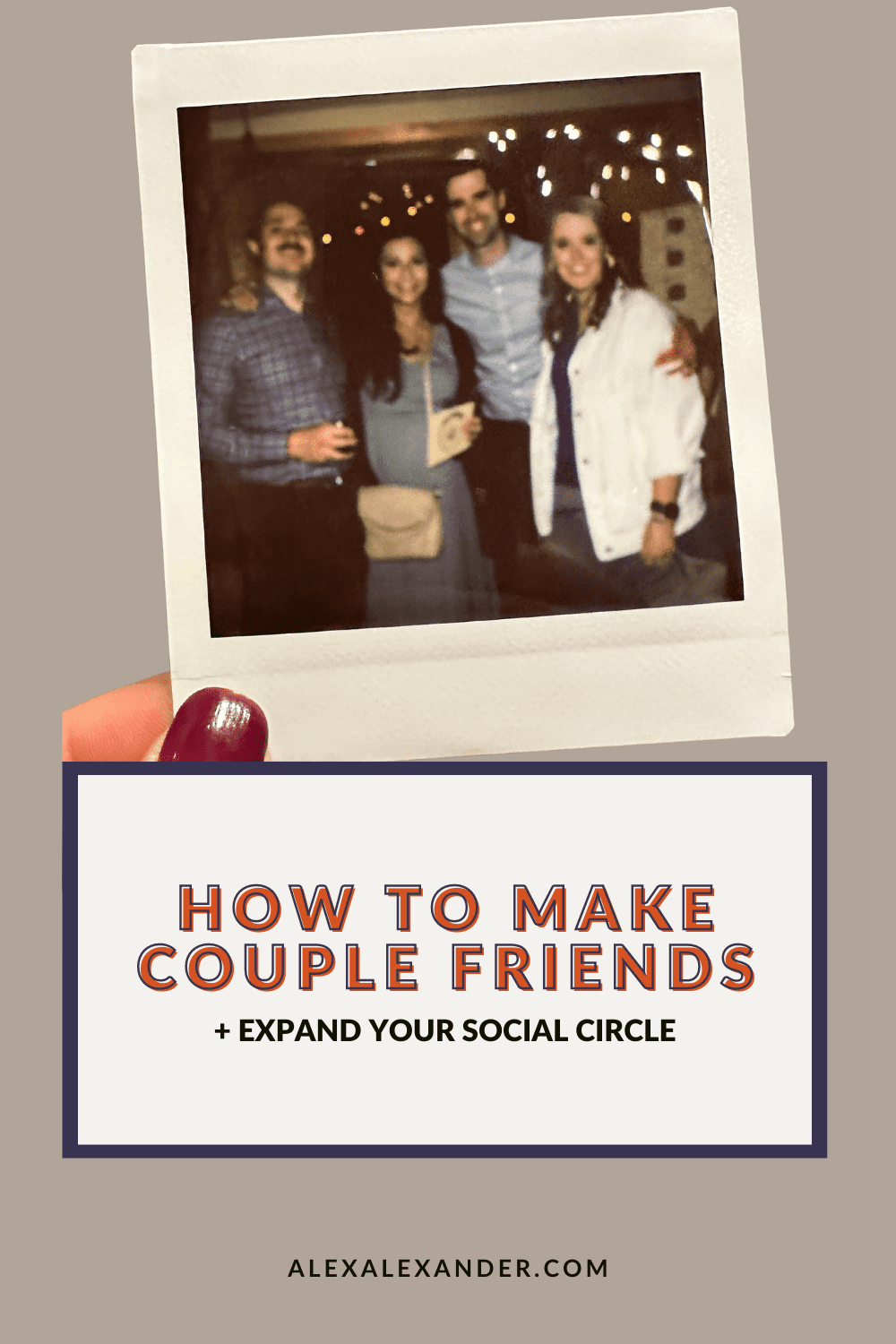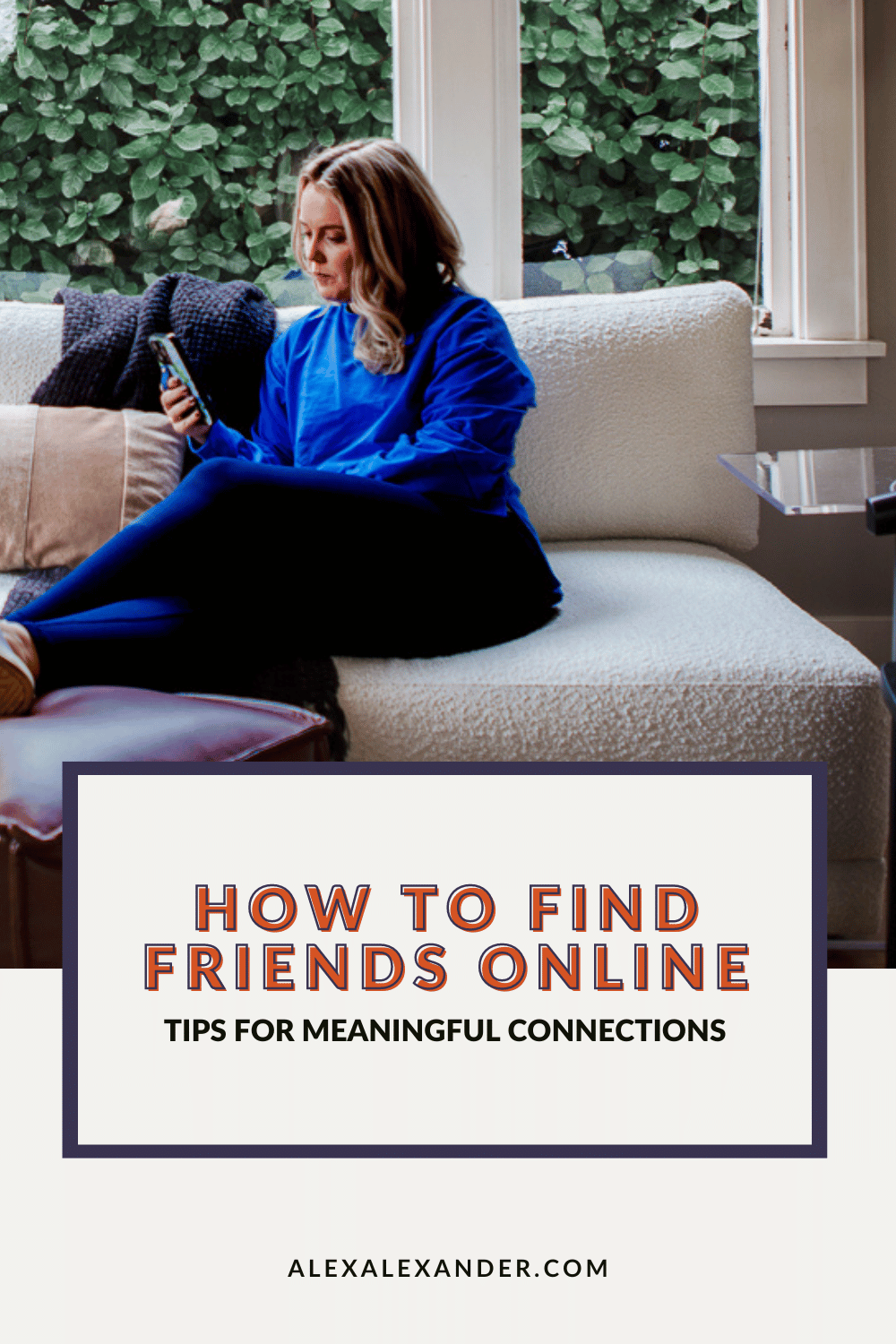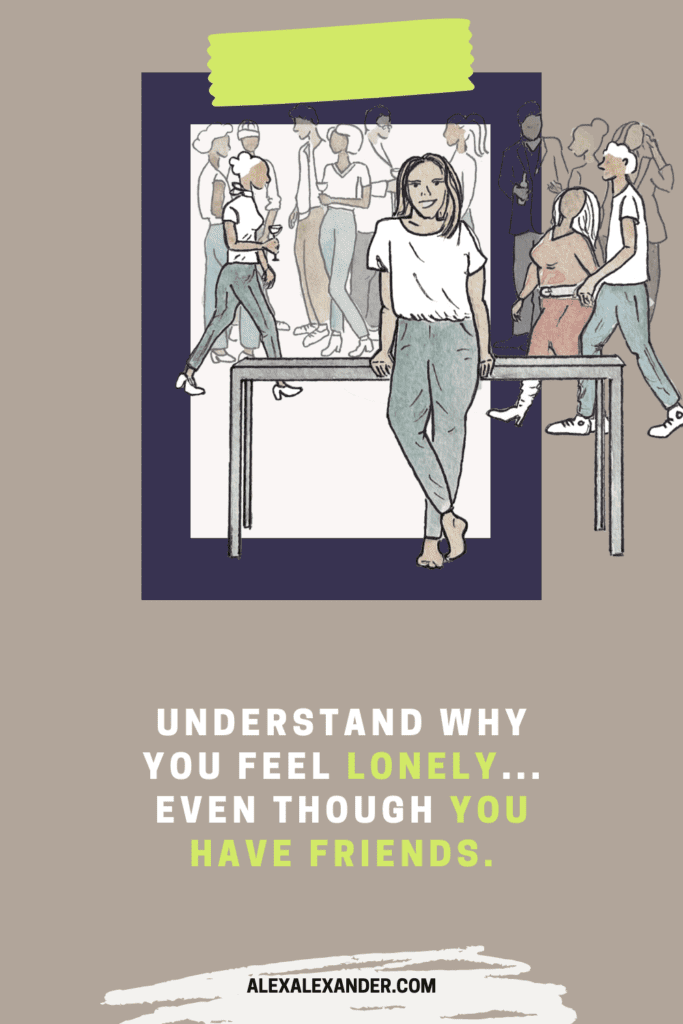
If you ever ask yourself, “Why do I feel lonely even though I have friends?” Let me tell you… you are not alone. Loneliness is a common feeling!
Did you know 61% of adults often feel lonely despite having friends? Loneliness can creep in unexpectedly, leaving us questioning our relationships and connections. It’s not uncommon to wonder, “Why do I feel lonely even though I have friends?” Understanding the root cause of this paradox related to our authentic self, relationships with people, and thoughts is crucial for our mental well-being. Let’s delve into this complex emotion and explore ways to combat it effectively.
Understanding Loneliness
So, to start, we need to understand “What is loneliness?”
Loneliness is a subjective, unwelcome feeling of lack or loss of companionship, which happens when there is a mismatch between the quantity and quality of the social relationships that we have and those that we want (Perlman and Peplau, 1981)
There are different types of loneliness: emotional, social, and existential.
- Emotional loneliness is the absence of feeling close ties and meaning in our closest relationships.
- Social loneliness is feeling like you lack a wider social network.
- Existential loneliness is a universal aspect of the human condition where one feels “separate” from others and self.
Loneliness is a feeling that comes and goes. It can also be a situation and only happen at certain times, holidays, or situations. Loneliness can also be chronic when people feel lonely all or most of the time.
Loneliness can also be characterized by intensity, or how overwhelming or strong it feels, which can constantly change from one moment to another and over long durations.
Because loneliness is a state of mind, being physically alone is not a necessary nor a sufficient condition to experience loneliness. One can experience a lonely state of mind while being with people at work, home, or even in a marriage.
Loneliness has increased in recent years.
- 58% of people say they always or sometimes feel like no one knows them well, up 4% from 2018.
- 52% of people report sometimes or always feeling lonely, up 6% from 2018.
- 47% of people report having no meaningful relationships, up 4% from 2018. (Cigna 2020 Loneliness Report)
Loneliness is not the same as being alone. Solitude is often necessary and enjoyable. However, loneliness is always a negative feeling that doesn’t require someone to be physically alone. Loneliness is quite commonly experienced when a room of people surrounds someone.
Experiencing loneliness leads us to feelings of sadness, emptiness, and isolation. The feeling of loneliness is subjective and varies from person to person.
Loneliness can be tough because it tends to make us withdraw from others. We get so hung up on what’s missing in our relationships that we fail to see the good things right in front of us, invest in any of our relationships, or invest energy into building connections.
The Paradox of Friends and Loneliness
What about when you have friends,… but feel lonely? There are a few reasons this might be happening.
The first reason we might feel lonely is that we hold certain beliefs and expectations about our friendships, community, and connections that are not fulfilled. These beliefs and expectations are what I refer to as your “story roots.” When the actions of the people around you fail to align with your story roots, you may feel increasingly disconnected from them.
We can feel lonely when we feel like a burden to our friends. We have story roots (aka beliefs and expectations) about our friendships, and when we reach out to friends, we don’t feel like their actions meet our expectations and support our beliefs.
Another reason we might feel lonely even though we have friends is that our expectations of ourselves, our community, friendships, or connections we should have doesn’t align with our reality. When our reality doesn’t match our expectations of the friendships we should have, we might feel lonely and pull back from the connections we do have.
If you have a variety of friendships and connections, you might feel that your friends aren’t being open and honest with you. You wish that your friends were connecting with you in deeper ways, but you don’t feel that connection. This stems from your emotional intimacy roots.
Another reason for loneliness related to emotional intimacy roots is when we expect friends to relate to us about life changes, and they don’t. We can feel very lonely when we reach out to a friend expecting them to connect with us, but they can’t relate to our new stage of life.
Our shared experience and interest roots can be the reason we feel disconnected. Although we feel closely connected to our friends when we spend time together, the infrequency of these connections can make us doubt our beliefs. Perhaps it’s not lack of frequency, but rather that you always feel like you are initiating and therefore feel the investment in the friendship is imbalanced. This can cause a disconnect between our beliefs and what we experience in reality, leading to feelings of loneliness.
Finally, people are often lonely – especially in a large circle of friends – when we aren’t showing up as our authentic selves. It can be incredibly hard to show up and have people tell you how much they enjoy you, but know that you aren’t being your authentic self, and it can lead us to feel incredibly lonely.
Reassessing the Definition of Friendship
Let’s talk about why we might feel lonely even when we have friends. I think it has a lot to do with how we define friendship. Society often pushes this idea that friendships have to be super close, all-or-nothing kind of relationships. But that mindset can actually hold us back from making the connections we need to combat loneliness.
When we get stuck on this narrow definition of friendship, we might miss out on opportunities to connect with people who don’t fit that traditional “best friend” mold but can still be awesome sources of support. It’s important to broaden our idea of what friendship can be and appreciate all the different ways we can connect with others, whether it’s through shared interests, experiences, or values.
Plus, rethinking our definition of friendship can take some of the pressure off. We don’t have to force ourselves to be a certain kind of friend or have the same level of closeness with everyone. Sometimes, just a quick chat or hanging out in a shared space can be enough to boost our mood and make us feel less alone.
So, let’s give ourselves permission to embrace all kinds of friendships and connections. By expanding our understanding of what friendship can be, we open ourselves up to more opportunities for meaningful relationships and can start to feel less lonely, even when we have friends.
Listen to Episode 33 of the Friendship IRL Podcast to learn more about The New Definition of Friendship: It’s Not All-Or-Nothing.
Social Media’s Role
Loneliness can be greatly affected by social media. Think about it – we sit on our couches and scroll through photos and videos that have been curated, edited, and fine-tuned. Captions have been written and rewritten. We then compare our friendships to these highlight reels and question why our relationships don’t look the same.
Where do the expectations of our real-life friendships come from? How many are from social media? Do you often feel envious of what others have or feel that your friendships are inadequate?
Parasocial relationships can also be a factor in our loneliness. Parasocial relationships are the one-sided relationships we develop with people online and on TV. Online influencers share all sorts of details about their lives! If we ever met these people in real life, we’d know all sorts of intimate details – their favorite food, their vacation last year, the details of their divorce.
However, if we met them… they would know nothing about us, and we might suddenly feel lonely to realize that this connection has a deep imbalance.
How can I make the internet a social place?
The misconception is that social media is solely responsible for hindering social interactions, but the problem is how we use these platforms. To make the internet more social, try using social media as a prompt to engage with others. Challenge yourself not just to scroll mindlessly but actually to interact. Leave comments on friends’ vacation posts, send direct messages congratulating someone, or reach out to a friend going through a tough time after seeing their post. By consciously connecting with others while we are online, we can use the internet to its fullest potential.
There are numerous ways to utilize the internet to make and maintain friendships. Check out my post on how to make friends online.
Cultivating Belonging Beyond Friendships
While close friendships are undoubtedly important, they aren’t the only way to combat feelings of loneliness. It’s helpful to look at our entire wheel of connection when we’re trying to understand why we feel lonely despite having friends. This means considering how we cultivate belonging through the cumulative impact of all our connections.
Cultivating belonging is about finding ways to feel connected to the people and places around us. This can mean feeling like “I belong here” in the places we live or work or building relationships with the familiar faces we see regularly. These “third places” – spaces outside of our homes and workplaces where we can regularly interact with others – can be incredibly valuable in helping us feel less alone.
Another way to cultivate belonging is by building community with like-minded individuals or participating in local events and activities. When we engage with our community in this way, we tap into a basic human need for connection and support. This sense of belonging can help us feel less anxious and more trusting of those around us, even if we don’t have deep friendships with everyone we meet.
So, if you’re feeling lonely despite having friends, take a moment to assess your entire wheel of connection. Are there ways you can cultivate belonging through your community or simpler relationships? By investing in these different aspects of connection, you can create a more robust support system for yourself that goes beyond just close friendships. Remember, belonging is a multifaceted experience – and there are many ways to find it.
Strategies for Coping with Loneliness
Have you ever noticed the lack of language and frameworks available for analyzing our friendships and connections? It can be challenging to navigate the complexities of our relationships without a solid foundation to guide us. That’s why I’ve developed the Roots of Friendship Framework, a tool that will revolutionize how you approach and nurture your friendships. To get started, here are some key questions to consider as you evaluate the roots of your relationships.
- Do your friendships not align with the overall vision of how you expected they’d look?
- Do you feel like a burden to your friends?
- Do you feel like you are opening up to your friends, but they aren’t opening up to you?
- Do your close connections not feel how you’d expect them to feel?
- Do you hope to be connected with a close friend about a new stage of life but can’t relate?
- Do you show up authentically as yourself?
- Do you feel like your friendships are one-sided?
- Do you feel like seeing your friends so infrequently that you wonder if you are even friends?
- Do other people’s highlight reels make you believe your connections aren’t what they should be?
Once you have some sense of the reasons you feel lonely, you can start to make a plan to reevaluate your expectations and/or build the types of connections you desire. In addition:
- Evaluate what you bring to your relationships. See the unique skills, qualities, and interests you bring to your friendships are worthy of being there.
- Be sure your time is enjoyable and engage in activities you enjoy while socializing.
- Work towards focusing more on what is fulfilling in your relationships instead of focusing so much on what is lacking.
- Practice self-compassion for your expectations – society has given you a lot of messages. Where did those come from?
It is essential to recognize that everyone experiences feelings of loneliness at some point, and it is not a reflection of personal inadequacy. Practicing self-compassion can help alleviate feelings of shame and self-blame.
Seeking Professional Help for Loneliness
If feelings of loneliness persist, it may be necessary to seek professional help. A mental health professional can help identify underlying issues contributing to loneliness and provide effective treatment options, such as therapy or medication.
Closing Thoughts
Loneliness is a common feeling that can affect anyone, regardless of how many friends you have. It is essential to understand why you might be feeling lonely so that you can take proactive steps to address these feelings and either reevaluate your expectations and/or work towards building the connections you desire.
Frequently Asked Questions
Why do I feel lonely even though I have friends?
There are a few reasons why you might feel lonely, even with friends. One possibility is that you are experiencing one of the three dimensions of loneliness, which we delve into in our Friendship IRL Podcast episode, “What is Loneliness?” Another factor to consider is reevaluating your definition of friendship, as explored in episode 33 of the Friendship IRL Podcast, where we discuss how The New Definition of Friendship: It’s Not All-Or-Nothing. Lastly, it could be helpful to examine the roots of your friendships to understand any underlying issues contributing to your feelings of loneliness. Explore more about the roots of friendship in our podcast for further insight.
How can social media contribute to feelings of loneliness?
Loneliness is the disparity between our ideal vision of our friendships and our current reality. Therefore, the curation of social media, parasocial relationships, and passive scrolling can all contribute to loneliness. However, I have good news! You can use social media to be social. Instead of just scrolling, interact by leaving comments, sending messages, or reaching out to friends in need. By making an effort to engage with others online, we can use the internet to build stronger friendships.
Is it normal to feel lonely as an introvert?
As an introvert, you might feel lonely even when you have friends because you’re trying to force your friendships to look the way they “should” rather than building connections that feel right to you. It’s important to remember that you don’t need to have the big, extroverted versions of friendships that are often portrayed as the ideal. Instead, tune into your own desires and preferences when it comes to connecting with others. This might mean finding joy in intimate one-on-one conversations or developing meaningful relationships with a small, dependable group of friends. You might also feel more comfortable with lower-maintenance friendships or ones that exist primarily online. The key is to focus on building fulfilling relationships on your own terms. By taking a step back and reflecting on what you truly want out of your friendships, you can combat loneliness and create connections that support and uplift you as an introvert. Listen to more in Friendship IRL Podcast episode about The Complexities of Introverted Friendships.

